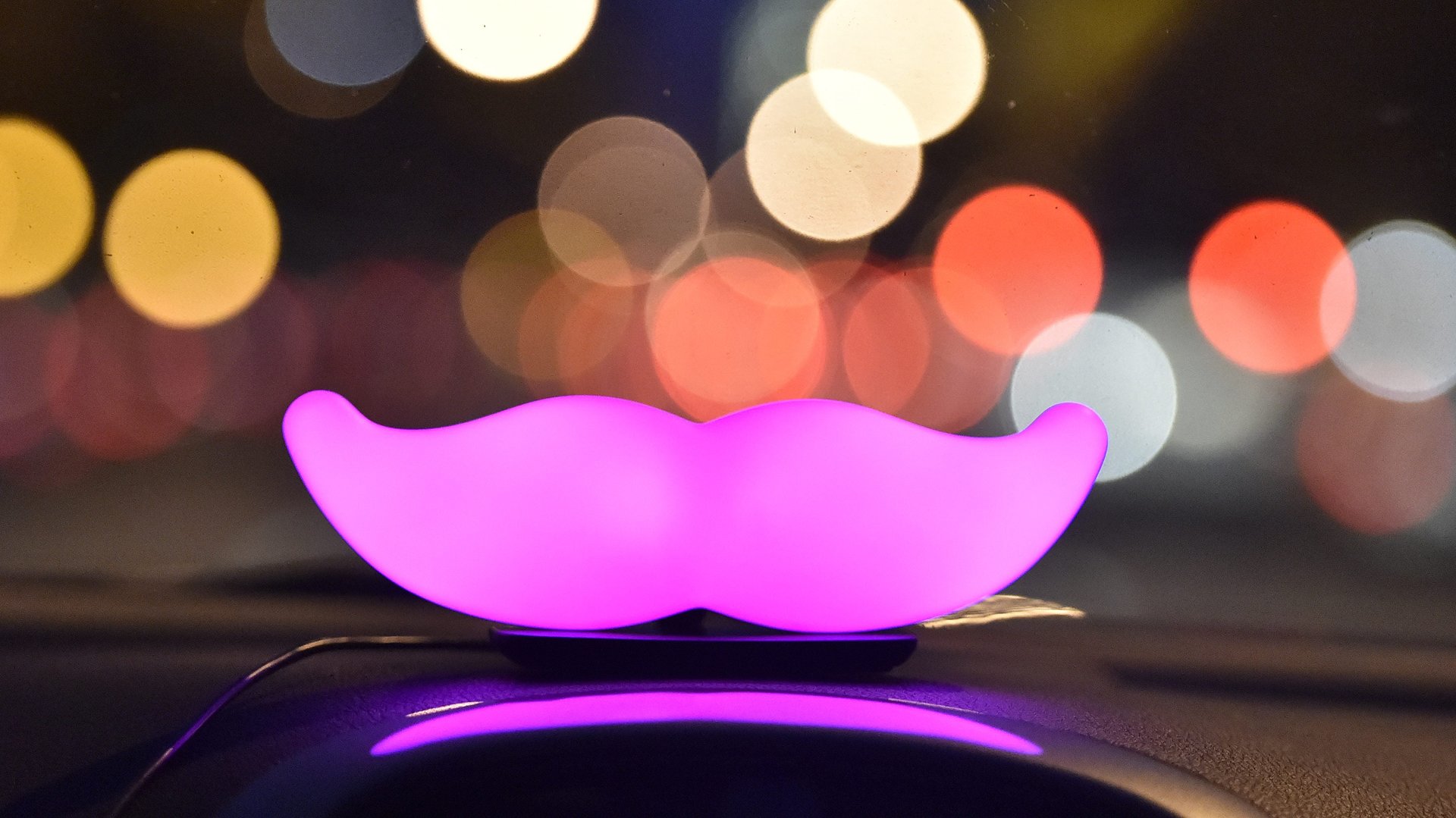Lyft might be “woke” compared to Uber, but that’s a low bar
Lyft had been playing the PR game well.


Lyft had been playing the PR game well.
As Uber convulsed over the last two months—#deleteUber, sexual harassment allegations, exposés of a toxic culture, a regulatory scandal, an escort-karaoke scandal, and a parade of departing executives have all happened since late January—Lyft methodically reminded the world how it’s done better.
When users lampooned Uber for perceived ties to Donald Trump’s presidential administration, Lyft announced a $1 million donation to the American Civil Liberties Union (to be doled out over four years). After former Uber engineer Susan Fowler wrote about harassment and systemic sexism at the company, Lyft’s Jill Wetzler did an interview with USA Today College about how she became director of engineering. While then-Uber ridesharing president Jeff Jones was defending the company’s anti-tipping stance, Lyft was celebrating a milestone: $200 million in tips earned by drivers.
Lyft coupled its charm offensive with aggressive expansion. The company said in late January it would launch in 100 new US cities this year, then hit that target within two months. The feel-good branding and operational blitz appear to be paying off. Lyft said it captured 5% market share in the week after #deleteUber, as a reported half million Uber users attempted to eliminate their accounts.
But on March 28, in an interview with Time, Lyft’s president messed up.
“We’re woke,” John Zimmer said, in remarks that have since been widely ridiculed. He later added, “We’re a better boyfriend.”
Er, what? “Woke” is a word with deep roots in black culture; it’s not often applied to a $6 billion startup in Silicon Valley. The “boyfriend” comparison, meanwhile, is a poor one in light of recent conversations around tech’s pervasive sexism.
But the real problem isn’t with the identity politics; it’s that Lyft’s bar for being “woke” and the “better boyfriend” is set relative to Uber. Spoiler: that bar is quite low.
Lyft might let customers tip on rides, but it’s still fought in court to keep its drivers classified as independent contractors (which means they don’t get benefits or a guaranteed minimum wage) and has repeatedly cut their earnings. Lyft has a woman running its engineering team and the company pledged to increase diversity last summer, but whether it’s actually a diverse organization is anyone’s guess. Uber released its first-ever diversity report on March 28; Lyft has yet to do the same. (A spokesman for Lyft told Quartz in an email that a diversity report will come “in the near future.”)
Then there’s the company board. Uber’s nine-person board has one woman (Arianna Huffington); Lyft’s eight-person board also only has one (Ann Miura-Ko, of venture-capital firm Floodgate). Another Lyft board member is Jonathan Christodoro, managing director at Icahn Capital, the firm whose founder, billionaire Carl Icahn, invested $100 million in Lyft back in 2015. Icahn is also a special adviser on regulation to US president Donald Trump. He is currently being scrutinized for using the position to push an overhaul of environmental protections that could save hundreds of millions of dollars for CVR Energy, an oil refiner Icahn is a majority investor in.
Is Lyft better than Uber in some ways? Yes. Does it deserve a gold star on all corporate social responsibility? Nope. What it has done is play a much savvier PR game. Up until “woke,” that was good enough.